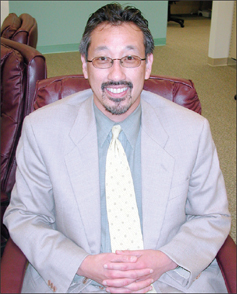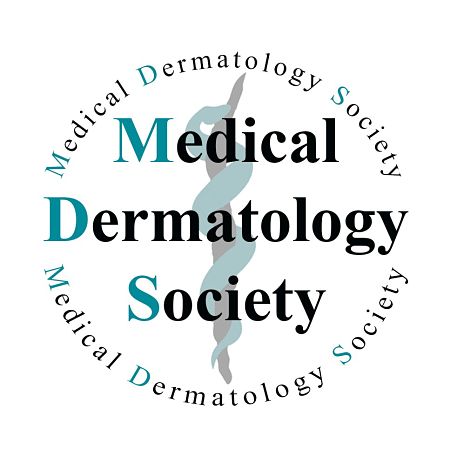Medical Expertise of Dr. George Murakawa, MD
Dr. Murakawa's special interests are in both dermatological surgery and complex medical dermatology, including Mohs micrographic surgery, AIDS dermatology, CTCL, skin infections, and immunobullous diseases.
About Dr. George Murakawa, MD
Dr. Murakawa has a strong commitment to dermatology research, both in clinical dermatology and basic sciences, in which he is externally funded by the National Institute of Health. Dr. Murakawa is now focused on providing the best dermatology care for patients at Somerset Skin Centre.
Dr. Murakawa is on staff at William Beaumont Hospital, Detroit Medical Center, St. John's Hospital and Crittenton Hospital. Dr. Murakawa is the staff dermatologist for Karmanos Cancer Institute.
Dr. Murakawa is on staff at William Beaumont Hospital, Detroit Medical Center, St. John's Hospital and Crittenton Hospital. Dr. Murakawa is the staff dermatologist for Karmanos Cancer Institute.
Procedures & Services
Patient Education Resources
How can a dermatologist make me appear more youthful?
A dermatologist can make you appear more youthful by using a variety of treatments, such as:Topical creams and serums that contain ingredients like retinoids and hyaluronic acid to improve skin textur...
A dermatologist can make you appear more youthful by using a variety of treatments, such as:Topical creams and serums that contain ingredients like retinoids and hyaluronic acid to improve skin textur...
How do biologics work to treat my eczema?
Biologics are a class of medications that can be used to treat eczema, a chronic skin condition characterized by inflammation and itching. Biologics work by targeting specific parts of the immune syst...
Biologics are a class of medications that can be used to treat eczema, a chronic skin condition characterized by inflammation and itching. Biologics work by targeting specific parts of the immune syst...
How is atopic dermatitis different from eczema?
Atopic dermatitis and eczema are often used interchangeably, but they are not exactly the same thing. Atopic dermatitis is a type of eczema.Eczema is a general term that refers to a group of condition...
Atopic dermatitis and eczema are often used interchangeably, but they are not exactly the same thing. Atopic dermatitis is a type of eczema.Eczema is a general term that refers to a group of condition...
What can reduce the appearance of my acne scars?
Acne scars can be treated with a variety of methods, including:Topical treatments: Topical creams and gels containing ingredients such as retinoids, hydroquinone, and vitamin C can help to reduce the ...
Acne scars can be treated with a variety of methods, including:Topical treatments: Topical creams and gels containing ingredients such as retinoids, hydroquinone, and vitamin C can help to reduce the ...
What is the treatment for skin cancer?
Treatment for skin cancer will depend on the type and stage of the cancer, as well as the location and size of the tumor, and the patient's overall health. The main treatment options for skin canc...
Treatment for skin cancer will depend on the type and stage of the cancer, as well as the location and size of the tumor, and the patient's overall health. The main treatment options for skin canc...
Education & Training
Dr. Murakawa attended UCLA where he completed his B.A. and Ph.D. in Microbiology and completed medical school at Harvard Medical School.
Dr. Murakawa trained as a resident in dermatology at UCSF and was a faculty member at UCSF and Stanford University. He served as Chief of Dermatology and Residency Director at Albany Medical College.
Dr. Murakawa became Chair and Residency Director of the Department of Dermatology at Wayne State University. During his tenure at WSU, the Department of Dermatology experienced tremendous growth and improvements. He played an intimate role in rebuilding the teaching programs in dermatology, developing clinical and basic science research in the department, and revitalizing the clinical practice of the department, University Dermatology.
Dr. Murakawa trained as a resident in dermatology at UCSF and was a faculty member at UCSF and Stanford University. He served as Chief of Dermatology and Residency Director at Albany Medical College.
Dr. Murakawa became Chair and Residency Director of the Department of Dermatology at Wayne State University. During his tenure at WSU, the Department of Dermatology experienced tremendous growth and improvements. He played an intimate role in rebuilding the teaching programs in dermatology, developing clinical and basic science research in the department, and revitalizing the clinical practice of the department, University Dermatology.



